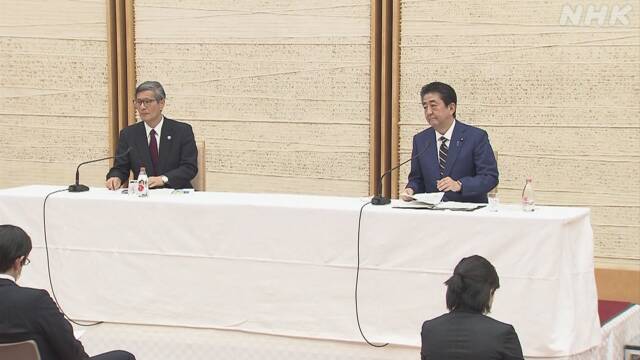Declaration of Emergency Western media views New Corona on April 8 at 4:38
Regarding Prime Minister Abe's "State of Emergency Declaration," the US media has expressed skepticism about the timing of the declaration and the absence of penalties.
Among them, CNN TV pointed out, "Despite the long-term problem of virus transmission, Japan has been slow to take the in-depth measures that are found in many other countries."
He added that experts said that `` Tokyo may be the next New York '', and that in the future, the number of infected people will increase rapidly and the medical system may be tightened like New York .
CBS Television also pointed out that "most of the measures taken are" requests "" and said, "Japan is not allowed to impose fines. Yes. "
A leading newspaper, The New York Times, said, "In recent months, Japan has been embarrassed by controlling infected people without taking the harsh measures that other countries have taken. Experts have been unable to judge whether the emergency declaration was in time or too late to avoid a catastrophe, "he said.
European media have cited the background to the lack of strict restrictions on going out in Japan.
Among them, French public radio said, "Japan, like Sweden, has relied on very strict hygiene practices of Japanese people, adopting methods that do not impede economic activity as much as possible, but especially in Tokyo Out of control, and Prime Minister Abe was forced by the media and experts to declare an emergency. "
"Despite the declaration of emergency, there is no legal authority to force people to stay home or impose sanctions on violations, and the government relies on the Japanese civil spirit and the pressure of social sympathy. That's the point. "
The Guardian, a leading British newspaper, said, "The Japanese government has no legal authority with fines and penalties but instead seeks self-control and hopes that it will be effective in showing off the name of the refusing business. Yes. "
He analyzes that Japan does not take strict measures because of bitter memories such as violations of the rights of citizens in the militaristic era and forced isolation of patients with leprosy.

